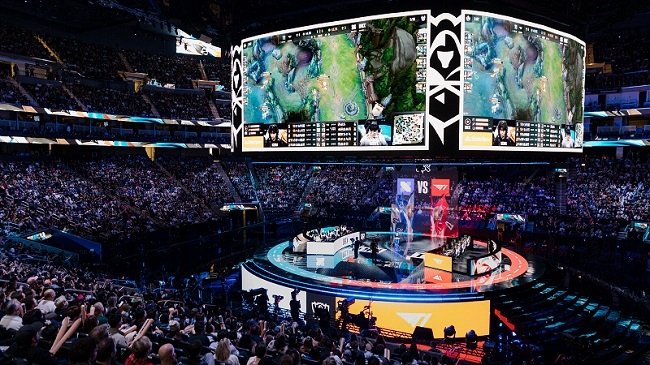From Niche Hobby to Global Spectacle: The Rise of E Sports

In less than two decades, competitive video gaming has transformed from a niche hobby into a global cultural and economic powerhouse. The world of professional E Sports now encompasses sold-out stadiums, multi-million dollar prize pools, and a dedicated global fanbase that rivals traditional sports. This dramatic ascent from basement LAN parties to mainstream entertainment is underpinned by staggering economic growth. Industry analysis indicates that the market, estimated at $2.5 billion in 2024, is on a remarkable trajectory to reach an incredible $10.5 billion by 2035. This explosive expansion is driven by an anticipated compound annual growth rate (CAGR) of approximately 13.93% over the forecast period, highlighting the immense investment and audience engagement fueling this digital revolution. The phenomenon of esports is no longer an emerging trend but a dominant force in the global entertainment landscape.
The foundation of esports is built upon a diverse ecosystem of competitive video games. Titles like League of Legends, Counter-Strike 2, Dota 2, and VALORANT are not just games but are structured sporting platforms with international leagues, franchised teams, and a calendar of major tournaments. These games demand exceptional skill, lightning-fast reflexes, deep strategic thinking, and seamless teamwork, placing their top players on par with elite athletes in any traditional sport. The structure often mirrors conventional sports, with regular seasons, playoff brackets, and culminating in world championship events that draw tens of millions of viewers online. Publishers of these games play a crucial role, acting as the league commissioners, investing heavily in prize pools, broadcast production, and maintaining the competitive integrity of their games to foster a sustainable and engaging professional scene for players and fans alike.
A key element that distinguishes esports is its digital-native audience and broadcasting model. Unlike traditional sports that rely heavily on linear television, esports thrived on online streaming platforms like Twitch and YouTube. These platforms allow for a more interactive and community-driven viewing experience, with fans directly engaging with commentators (known as casters), players, and each other through live chat. The production value of major esports broadcasts now rivals that of major sporting events, featuring expert analysis, instant replays, and compelling player storylines. This digital-first approach has enabled esports to capture a young, tech-savvy demographic that is often difficult for traditional media to reach, making it an incredibly attractive space for advertisers and sponsors looking to connect with the next generation of consumers in an authentic and engaging way.
The professionalization of the industry has been rapid and comprehensive. Professional esports teams are now sophisticated organizations with dedicated coaching staff, analysts, nutritionists, and sports psychologists to maximize player performance. They operate training facilities, secure lucrative sponsorship deals with both endemic (e.g., hardware manufacturers) and non-endemic brands (e.g., automotive, fashion, finance), and manage player branding. Furthermore, the ecosystem has created a wealth of career opportunities beyond playing, including event management, broadcasting, journalism, and digital marketing. Universities are also embracing esports, offering scholarships and building dedicated arenas, solidifying its legitimacy and creating a formal talent pipeline for the next generation of professional players and industry leaders, ensuring its continued growth and integration into mainstream culture.
Explore Our Latest Trending Reports:
Europe Procurement Analytics Market



